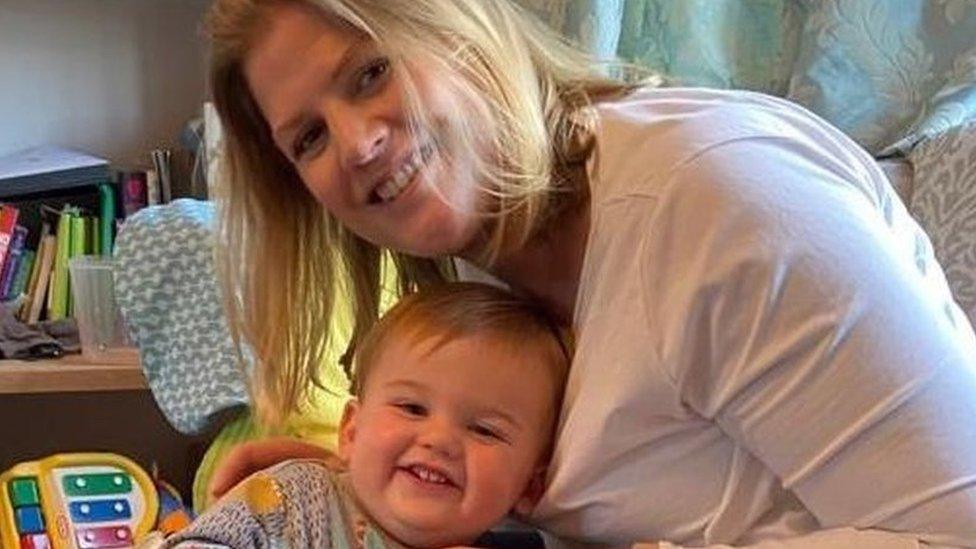Girl, 2, dies from same rare disorder as brother
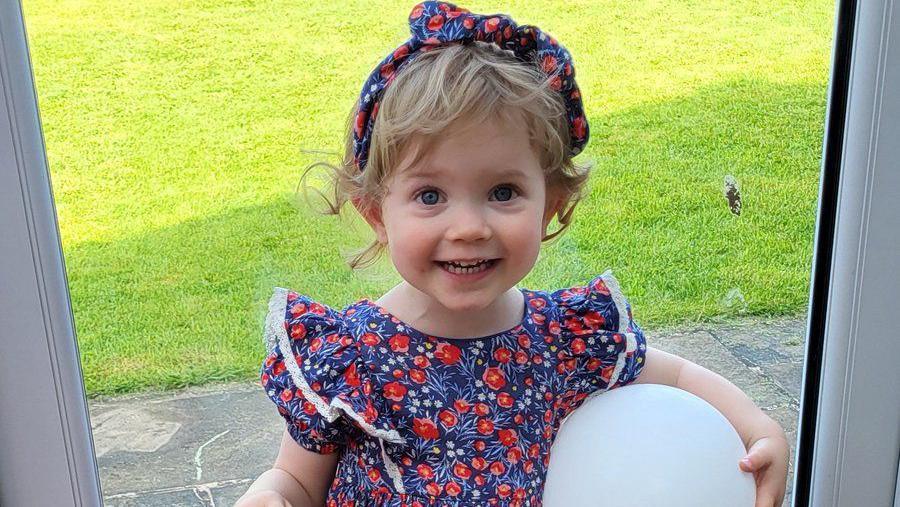
Isabelle Cooper died on Thursday leaving her family "absolutely broken", her mum says
- Published
A mother has lost her two-year-old daughter to a rare genetic condition that claimed the life of her son three years ago.
Dr Emily Cooper's daughter Isabelle, who carried the same gene mutation as older brother Alexander, died on Thursday.
The family, from Lancaster, did not find out Alexander had the PPA2 mutation until nearly two years after his death, or that Isabelle also had it.
Dr Cooper, who works at the University of Central Lancashire (UCLan), said her family's home was "so empty without Isabelle's beautiful thudding feet and constant chatter and giggles".
In a post on X, external, she said she was "devastated" and "absolutely broken" and urged people to "honour [Isabelle] by living life as she did: fearlessly, joyously and spontaneously".
She thanked the thousands of people who had followed her campaign for better awareness of sudden childhood death and the PPA2 deficiency, a mitochondrial disease that can cause sudden cardiac death, and those who had sent their condolences, for their "love and kindness".
She said the family was "so lost", "bereft" and "missing the soul of this house who made us all a little sillier and fun".
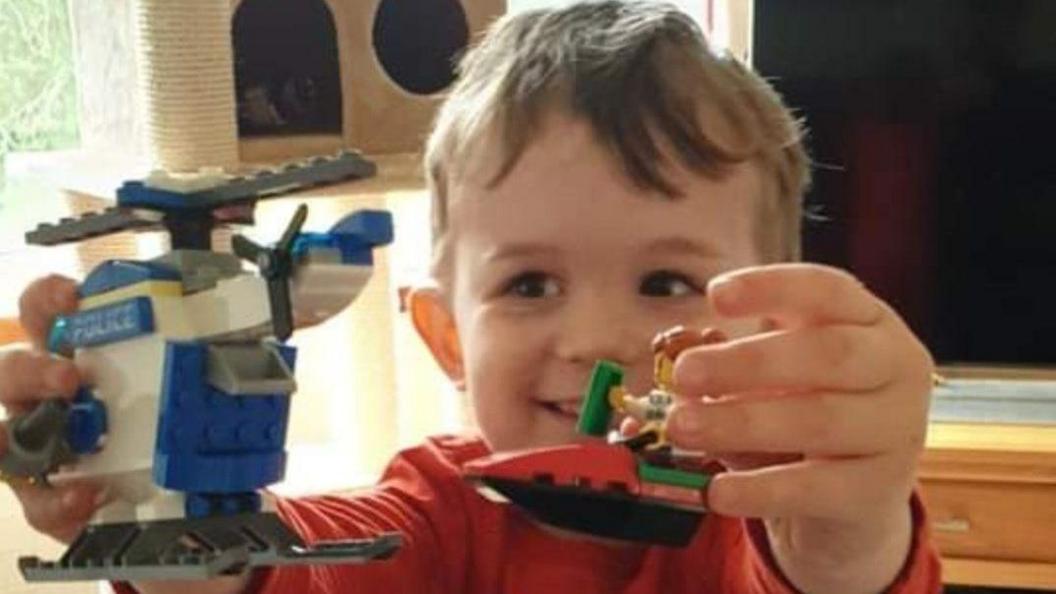
Alexander, three, died in 2021 and it took his family almost two years to find out why
Dr Cooper, a senior lecturer in the UCLan school of law and policing, has also called for more research into the genetic mutation and childhood death.
After Isabelle's test revealed she had the same condition as her brother, Dr Cooper said children in the same family could be "affected very differently" by PPA2.
"We have to hope that she'll be one of those who largely live a normal life," she said at the time.
Dr Cooper had been carrying around a defibrillator given to the family by the Oliver King Foundation, which was set up by the father of a 12-year-old Liverpool boy who died of sudden arrhythmic death syndrome in 2011.
Since Isabelle's death, Dr Cooper's friends have set up a fundraising page to support the family, and it has raised more than £30,000.
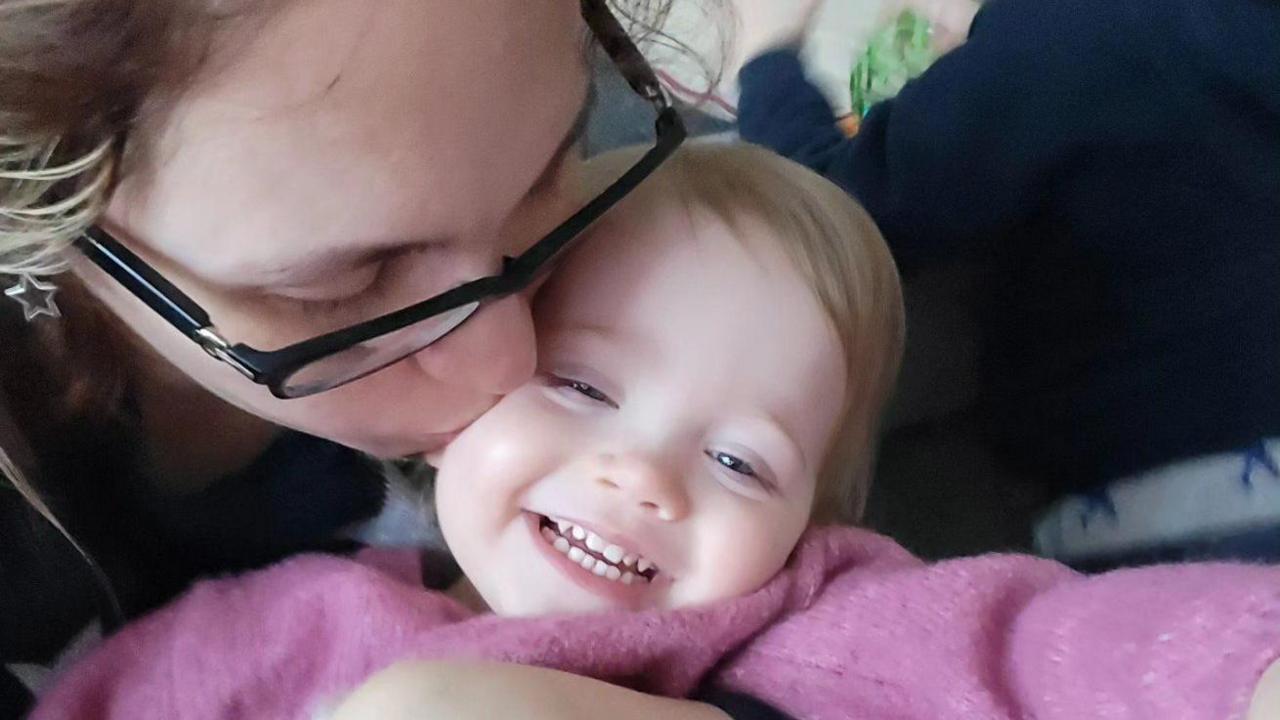
Dr Emily Cooper is "loved and valued" and everyone wants to help her, her friends say
Dr Cooper's fellow UCLan academic and friend Sarah Kingston, who helped set up the fundraising effort, said: "Isabelle was a ray of sunshine, she loved being outside, she was adorable, sweet and kind-natured and full of energy.
"No family should face this immeasurable pain twice. They're overwhelmed by grief."
Ms Kingston said Dr Cooper had "a heart of gold" and was a "wonderful woman who puts so much good into the world", and that had been reflected in the "incredible" response to the fundraiser.
"In times of great sadness - people’s generosity shows there are really good people in the world," she said.
"It won't replace what they have lost but it will help them as a family."
Another colleague, Laura Hunt, said Dr Cooper's friends and acquaintances had felt "helpless" as they tried to support the family.
Ms Hunt said: "I’ve worked with Emily for many years. When I found out it literally took my breath away. How much can one family be expected to cope with?
"Losing one child and knowing there is a potential risk to the other, doing everything to try keep her safe, for it to then happen again.
"It’s more than anyone should ever have to deal with.”
If you have been affected by the issues raised in this story, help and support is available via the BBC Action Line
Listen to the best of BBC Radio Lancashire on Sounds and follow BBC Lancashire on Facebook, external, X, external and Instagram, external. You can also send story ideas to northwest.newsonline@bbc.co.uk, external
Related topics
Related stories
- Published5 February 2024
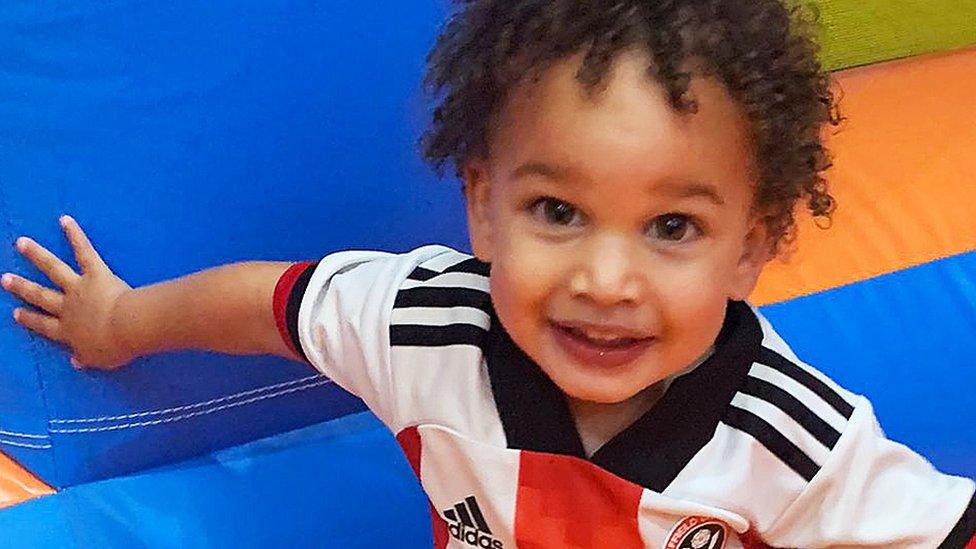
- Published20 June 2022
